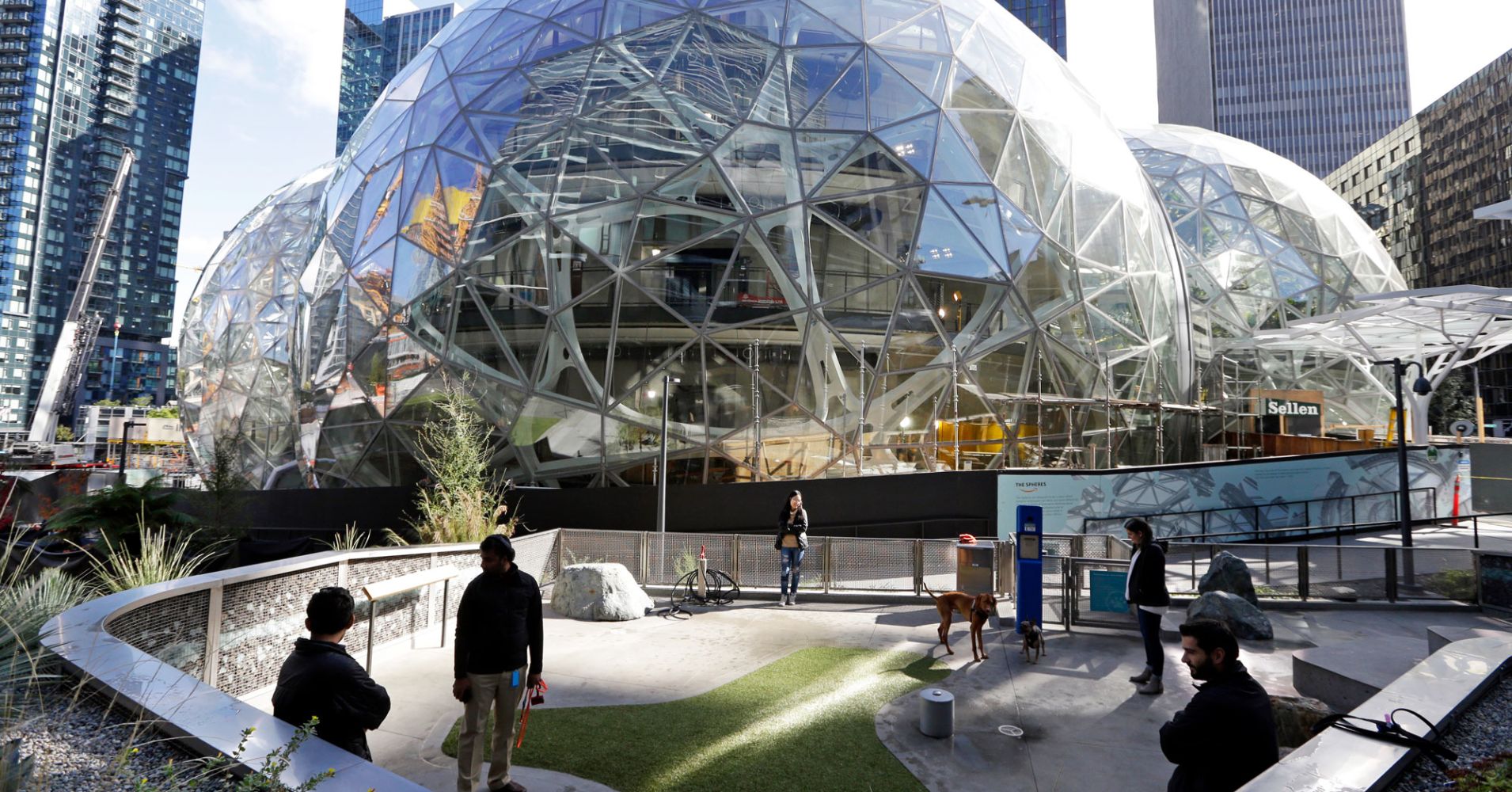In brief: One of the problems companies can face when forcing all of its workers back into the office – other than many of them leaving in protest – is a lack of space. Amazon, which has endured more issues related to its RTO mandate than most, is reportedly discovering it cannot accommodate everyone when they return five days a week in January, and is therefore allowing hybrid work to continue for several more months.
Like other companies, Amazon faced plenty of pushback from its corporate employees when it ended pandemic-era work-from-home arrangements, including a mass walkout.
But CEO Andy Jassy never relented. In August 2023, he warned employees that it's "not going to work out for you" if they didn't want to return to the office for at least three days a week.
Worse news came in September, when Jassy said that starting January 2, 2025, all employees have to be back in the office five days a week so the company could return to the way things were before the pandemic – though the policy is actually stricter than what was in place before 2020.
According to a new report from Business Insider, bringing back workers full-time en masse is proving to be a logistical challenge for Amazon. There are some locations unable to accommodate all the returning staff, meaning they get to continue working in a hybrid, three-days-a-week setup for longer.

Amazon says it expects most of its locations to be ready by January, but employees in a few cities, including Houston, Nashville, and New York, have been notified that they can continue with their hybrid arrangements until the offices are prepared. The good news for these workers is that the RTO delays could extend as far as May.
Amazon has been in this exact position before. Many of its offices weren't ready to accommodate employees returning three days a week in 2023, leading to many still working from home full-time after the May deadline.
The situation isn't unique to Amazon. In 2022, Elon Musk told Tesla and SpaceX staff that they could either return to the office for a minimum of 40 hours per week or quit. So many Tesla workers rushed back to the Fremont plant that it caused a lack of desks, inadequate seating, overloaded WiFi, and not enough parking spaces. The shortages were still posing a problem months later.
Amazon, like others, claims being in the office drives innovation among staff and improves communication, though nearly all workers disagree, pointing to WFH benefits such as increased productivity, better mental health, and a good work/life balance.
Amazon is one of several companies to bring workers back to the office five days a week. Dell, Nothing, Boeing, UPS, JPMorgan Chase, and Goldman Sachs have also made their staff say goodbye to home comforts.
